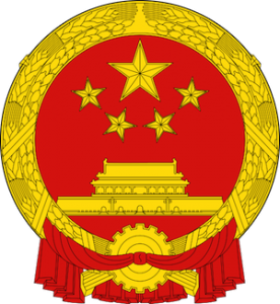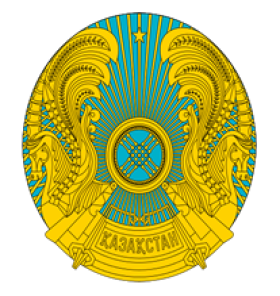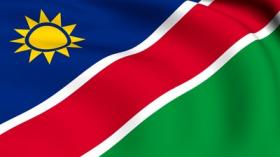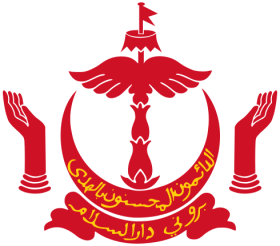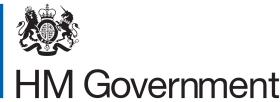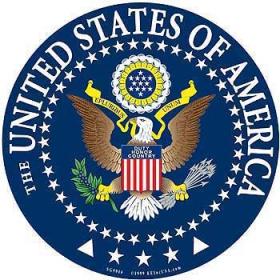Our international network of partners encompasses academic institutions, data aggregators, government bodies, publishers, farmers associations, NGOs and other civil society actors. Explore the range of organizations using the Land Portal below and join the network today.
Government of the Kingdom of Cambodia
This is the overarching classification for any Cambodian government entity.
Government of the Netherlands
The Dutch United Provinces declared their independence from Spain in 1579; during the 17th century, they became a leading seafaring and commercial power, with settlements and colonies around the world. After a 20-year French occupation, a Kingdom of the Netherlands was formed in 1815. In 1830, Belgium seceded and formed a separate kingdom.
Government of the Northern Mariana Islands
Under US administration as part of the UN Trust Territory of the Pacific, the people of the Northern Mariana Islands decided in the 1970s not to seek independence but instead to forge closer links with the US. Negotiations for territorial status began in 1972. A covenant to establish a commonwealth in political union with the US was approved in 1975, and came into force on 24 March 1976.
Government of the People's Republic of China
For centuries China stood as a leading civilization, outpacing the rest of the world in the arts and sciences, but in the 19th and early 20th centuries, the country was beset by civil unrest, major famines, military defeats, and foreign occupation.
Government of the Republic of Kazakhstan
Ethnic Kazakhs, a mix of Turkic and Mongol nomadic tribes who migrated to the region by the 13th century, were rarely united as a single nation. The area was conquered by Russia in the 18th century, and Kazakhstan became a Soviet Republic in 1936. Soviet policies reduced the number of ethnic Kazakhs in the 1930s and enabled non-ethnic Kazakhs to outnumber natives.
Government of the Republic of Namibia
South Africa occupied the German colony of South-West Africa during World War I and administered it as a mandate until after World War II, when it annexed the territory.
Government of the Republic of North Macedonia
This is the profile for the Government of the Republic of North Macedonia
Government of the Sultanate of Brunei Darussalam
The Sultanate of Brunei's influence peaked between the 15th and 17th centuries when its control extended over coastal areas of northwest Borneo and the southern Philippines. Brunei subsequently entered a period of decline brought on by internal strife over royal succession, colonial expansion of European powers, and piracy.
Government of the United Kingdom
The United Kingdom has historically played a leading role in developing parliamentary democracy and in advancing literature and science. At its zenith in the 19th century, the British Empire stretched over one-fourth of the earth's surface. The first half of the 20th century saw the UK's strength seriously depleted in two world wars and the Irish Republic's withdrawal from the union.
Government of the United States of America
Britain's American colonies broke with the mother country in 1776 and were recognized as the new nation of the United States of America following the Treaty of Paris in 1783. During the 19th and 20th centuries, 37 new states were added to the original 13 as the nation expanded across the North American continent and acquired a number of overseas possessions.
Government of Timor-Leste
This is the profile for the Government of Timor-Leste
Government of Togo
French Togoland became Togo in 1960. Gen. Gnassingbe EYADEMA, installed as military ruler in 1967, ruled Togo with a heavy hand for almost four decades.




